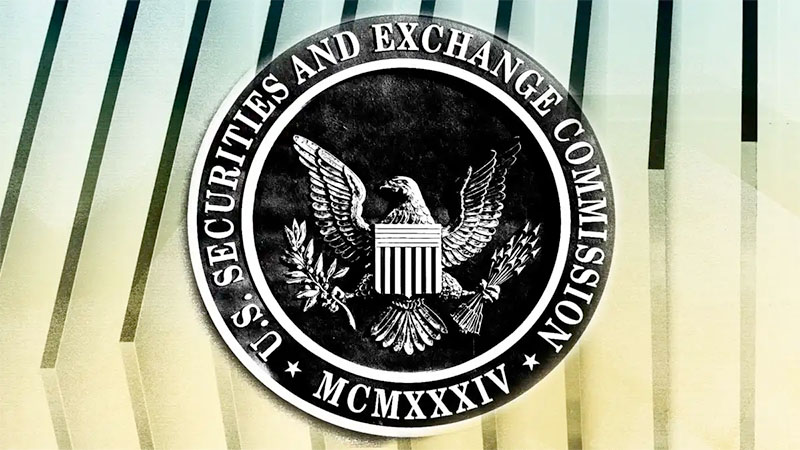Crypto.com says it is suing the U.S. Securities and Exchange Commission after receiving a notice that the agency plans to bring an enforcement action against the company.

Quick Take
- The crypto trading platform said it decided to sue the agency after receiving a Wells notice and said the SEC’s actions left them “with no other choice.”
- Crypto.com says its lawsuit asserts that the SEC has overexpanded its jurisdiction while also pushing back on the agency’s claim that most cryptocurrencies are securities.
Crypto.com says it is suing the U.S. Securities and Exchange Commission after receiving a notice that the agency plans to bring an enforcement action against the company.
The crypto trading platform said it decided to sue the agency after receiving what is known as a Wells notice and said the SEC’s actions left them “with no other choice.”
“Our decision to sue the SEC follows our receipt of a Wells notice from the Commission staff, illustrating that the SEC’s unauthorized and unjust regulation by enforcement campaign continues despite bipartisan indications that the next Administration will take a more constructive and effective approach to advancing crypto in the U.S.,” Crypto.com said in a statement on Tuesday.
Crypto.com says its lawsuit asserts that the SEC has overexpanded its jurisdiction while also pushing back on the agency’s claim that most cryptocurrencies are securities.
The firm is not the first crypto company to sue the SEC. Consensys sued the SEC in April, partly over how the agency categorized ether as a security. Coinbase has filed multiple lawsuits against the SEC, including for not providing clear rulemaking for digital assets.
The SEC has consistently warned that crypto exchanges must register with the agency. Meanwhile, crypto firms have argued it’s not possible to register with the agency, in part because rules were made for more traditional entities that are different from the digital asset industry.
The regulator has also taken legal action against big crypto firms, including Coinbase, Kraken and Binance.
The SEC did not immediately respond to a request for comment.
Complaint
Crypto.com, doing business as Foris DAX Inc., filed a complaint in a Texas district court on Tuesday. The firm provided details about a Wells notice it says it received from the U.S. Securities and Exchange Commission (SEC) on August 22, a year after the SEC began its investigation.
“The SEC is now threatening enforcement action against Crypto.com in regard to secondary-market sales of network tokens on its platform, even though the SEC does not have jurisdiction over those sales and cannot lawfully regulate their market absent action from Congress, a fact recognized by members of the Commission itself,” the firm said in the complaint.
The “network tokens” in question include SOL, ADA, BNB, FIL, FLOW, ICP, ATOM, ALGO, NEAR, and DASH. Crypto.com compared these tokens to bitcoin and ether, which it says are sold on its platform “in the exact same manner.” While the SEC has declared bitcoin is not a security, it has been less clear about ether’s status.
The complaint also notes that the Wells notice involves allegations that Crypto.com is operating as an unregistered broker-dealer and “securities clearing agency.” Ultimately, the company is seeking a “declaration” that the network tokens on its platform are not securities and that it is not an unregistered broker-dealer or clearing agency.
Petition
Crypto.com also said it has filed a petition with both the SEC and the U.S. Commodity Futures Trading Commission (CFTC) “to confirm via joint interpretation that certain cryptocurrency derivative products are solely regulated by the CFTC.” Under these rules, entities can request that the agencies determine whether a product is a “swap,” “security-based swap” or a “mixed swap.”
The agencies would then have 120 days to issue an interpretation or explain why they did not. The CFTC and the SEC must also consult with the Federal Reserve, according to the petition.
Update: Oct. 8, 2:40 p.m. UTC to include details throughout.
Fully cited from The Block [Theblock.co] – Report by Sarah Wynn






